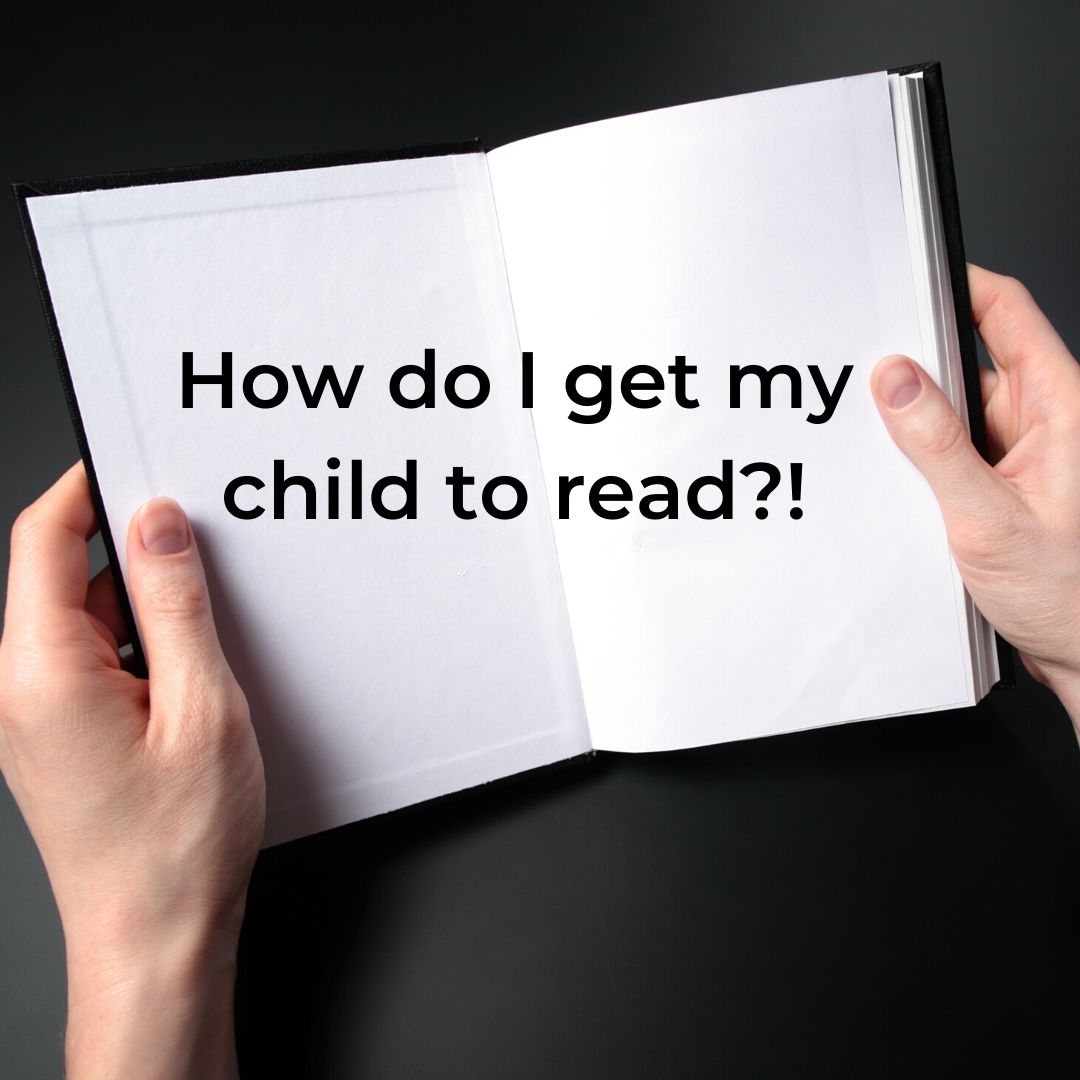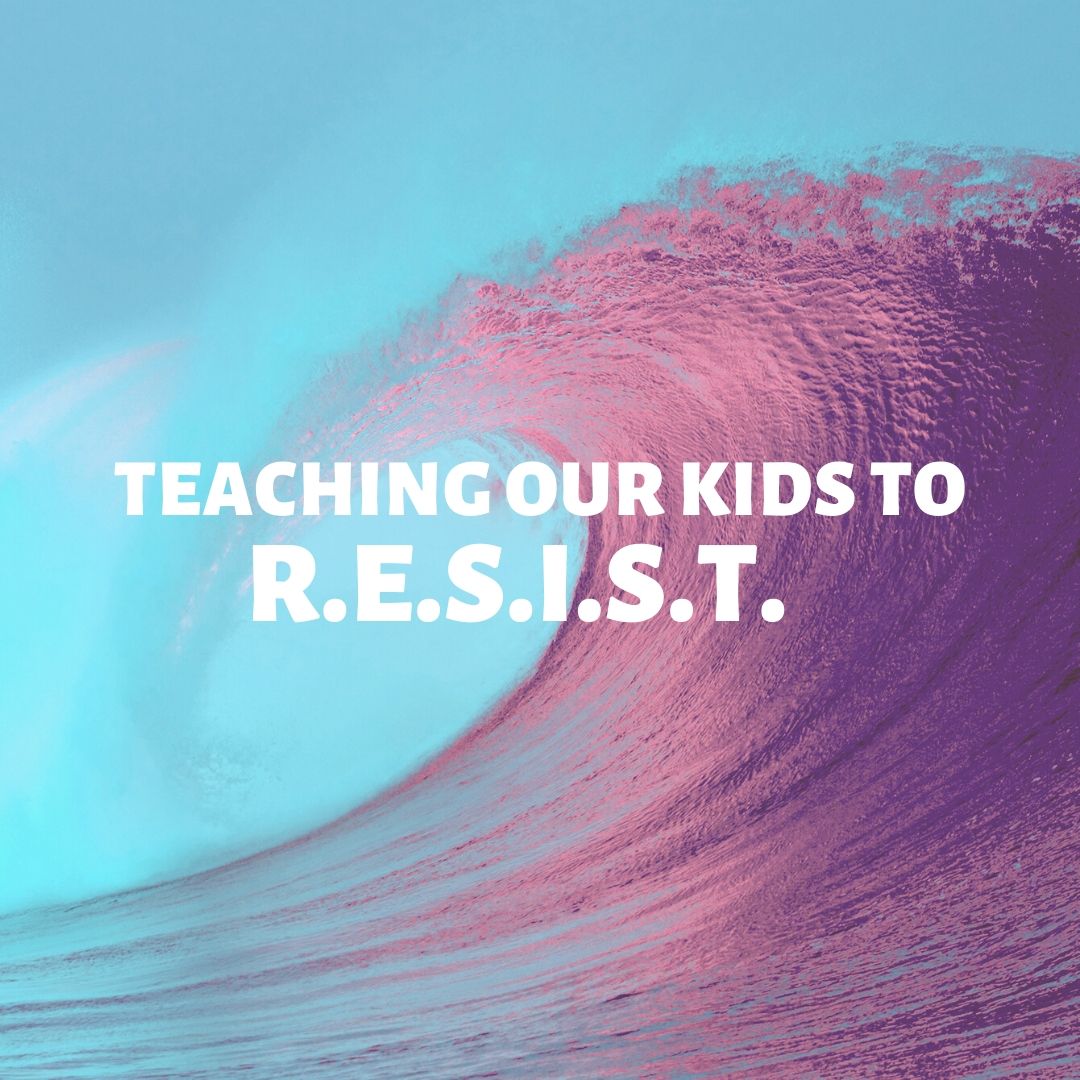My wife Marlene and I are raising a 17-year-old. She’s a member of Generation Z (anyone born between 1997-2012, 7-22 years old). As I’ve observed her, her friends, her generation, it’s clear to me that Gen Zers share some common experiences and traits, and suffer under cultural pressures unique to this time in history. As parents and grandparents raising young people in Generation Z, it’s crucial to understand what distinguishes this generation so that we can equip ourselves and our young people to withstand the pressures we all face.
Common Traits of Gen Z
Gen Z is incredibly creative. While my generation (Boomers) watched television until we were kicked out and told not to come back until dinnertime, young people now have their own YouTube channels. Every young adult I know is making their own videos – some online demonstration of a new skill, trying out their comedy act, doing something for Tik Tok. This is a super-creative generation.
This is also an inclusive generation. One characteristic unifying Gen Z is that it’s inclusive, including and accepting everyone – whatever their racial background or sexual orientation or gender or looks or disability. It is incredibly important to Gen Z that everyone feel respected, no matter who they are or where they’re coming from. That’s such an attractive quality.
Gen Z is not only creative and inclusive, they are also tech savvy. Older generations learned technology the way we learned a foreign language in high school--it’s never natural. Gen Z learns technology as a native speaker. They had tablets in their cribs.
Pressures of Gen Z
Now every one of us grows up with certain pressures, new things that are really unattractive about our cultures that hurt, that wound.
As parents and grandparents of this generation, we must ask ourselves:
What kind of world are kids growing up in today?
Sadly, the one word that most accurately answers that question is fear.
Surveys taken over the last five years tell us that the most frequent emotion adults experience as they tried to raise and teach and lead kids today is fear. Think of all the emotions that an adult could have toward kids – excitement or hope, anger or optimism. The number one emotion that adults express regarding the next generation is not any of those; it’s fear.
Us parents worry that our kids are not going to be physically safe at school because of school shootings. We are afraid of what our kids are exposed to on social media. We are concerned about our kids’ mental health and drug abuse. We live in a world that bombards us 24/7 with threats to our kids. Our phones ring with Amber alerts or another abduction story or a disease outbreak or another shooting.
On top of all of that, parents experience anxiety about whether our kids will get into the right college or earn that scholarship or hang with the wrong kind of friends or marry the wrong person, or not be able to get a job or afford life. Add it all up, and the overriding emotion in adults today regarding their children and their children’s future is fear.
On the flip side of our own fear as parents and grandparents, mental health experts tell us is that kids and young adults suffer from a much higher level of anxiety than any previous generation on record.
The American Psychological Association published a report last year which said that Gen Z had the worst mental health of any previous generation. Eighty-one percent of teens say they experience high levels of stress. Gen Z young adults said they often feel depressed and anxious. Again, adult fear and kids’ anxiety are two sides of the same coin. We have over-functioning, over-protective adults and under-functioning, over-diagnosed kids.
There are dozens of verses in the Bible that tell us that fear is no way to live, like Philippians 4:6-7 and Matthew 6:34. We must not swim in the waters of fear. Doing so is producing grave consequences in young people.
Consequences of Pervasive Fear
This pervasive fear embedded in our culture, in us as parents, and in young people today has serious consequences. I’ll use the acronym F.E.A.R. to spell these consequences out:
Fragility is created.
Maybe you heard the story a few years ago of two parents, Alex and Danielle, who lived in a suburban Maryland community. They allowed their two children, a six year old and a ten year old, to play at a nearby park unsupervised. A concerned parent called 911 about two kids who were playing in a park without their parents watching. The police picked the kids up and returned them home. The kids were allowed to go out again and play at another park unsupervised. But they didn’t come home at the designated time because they were once more picked up by the police. Another anxious parent called 911 because these two kids were playing unsupervised. So these “negligent parents”, Alex and Danielle, got a visit from Child Protective Services. They were investigated.
Eventually, it was determined that they were fit parents to raise their six-year old and their ten-year old. Now, mom didn’t take this lying down. She ran for local office and has done a lot of publishing around the subject of being a “free-range parent” instead of always wrapping our kids in bubble wrap. The truth is that despite the fact that we’re bombarded with messaging about all these dangers to our children 24/7, violent crime in America has actually gone down almost everywhere over the last 30 years. Kids are actually safer now than they were a generation or two ago. But fear causes us to treat our kids as if they were fragile. Not only is fragility created, but…
Experience is lacking.
These consequences are tied together. Parents are more anxious, so we won’t allow our kids to have normal experiences of independence. Playgrounds today have had their jungle gyms removed because schools are afraid they are going to be sued and they have been sued. Research will tell you that figuring out a jungle gym is actually good for our kids. It helps our kids navigate scary situations. But we’ve taken that experience away.
For many of our kids, the only experiences that they are getting in life are supervised experiences by a coach or a teacher or a parent micromanaging every moment. Or kids have virtual experiences – where they get to live vicariously through watching someone on YouTube do something perfectly. But real world experience – trying and risking and failing and falling on your face is becoming rarer and rarer for kids and young adults.
Fragility is created. Experience is lacking. And...
Adolescence is extended.
These things are all connected. Kids are being exposed to adult information and images at younger and younger ages. Every adult would say that what we have today is a profound loss of childhood innocence. We overprotect kids from all kinds of perceived physical dangers, but we under-protect kids from images and information flooding and shaping their thinking and imaginations. So, kids are entering adolescence more quickly. At the other end, adolescence is being extended. More schooling is required to get a good job. It’s harder and harder to live on one’s own. Many young adults still live with their parents well into their 20’s. Marriage is being delayed as is child bearing.
The period of time of functioning like a teenager is both getting younger and getting older. And then, as we consider the acronym FEAR, the R is
Rewards are expected.
Every child who has ever played in youth sports now has shelves of trophies and ribbons and medals. I read a story last year of a Florida teacher who was fired because she refused to comply with the school’s “no zero” policy. The school had created a rule that if a child failed to turn in an assignment, that child could not get a zero on the assignment even if the teacher made a reasonable allowance for the child to make up the assignment and the child still didn’t turn it in. The lowest grade that a child could get on an assignment they simply didn’t do was a 50. They would get half credit for doing absolutely nothing.
Think about it. We must ask ourselves: Is that the lesson we really want to teach kids, that the world you’re entering will reward you and pay you and celebrate you even if you do nothing? Is that what your boss is going to do? Or the client who hires you?
The world pressures us to fear.
So how should we deal with this pressure?
[Editor's Note: This blog post was adapted from a recent sermon by Rich Nathan at Vineyard Columbus as the first in a series entitled "Raising Healthy Kids." We will publish the second part of this sermon next week, in a post entitled "Teaching Gen Z to RESIST."]
/Logos/Horizontal%20Academic%20Logo%20for%20Light%20Backgrounds.png)
/Logos/Horizontal%20Academic%20Logo%20for%20Dark%20Backgrounds.png)



